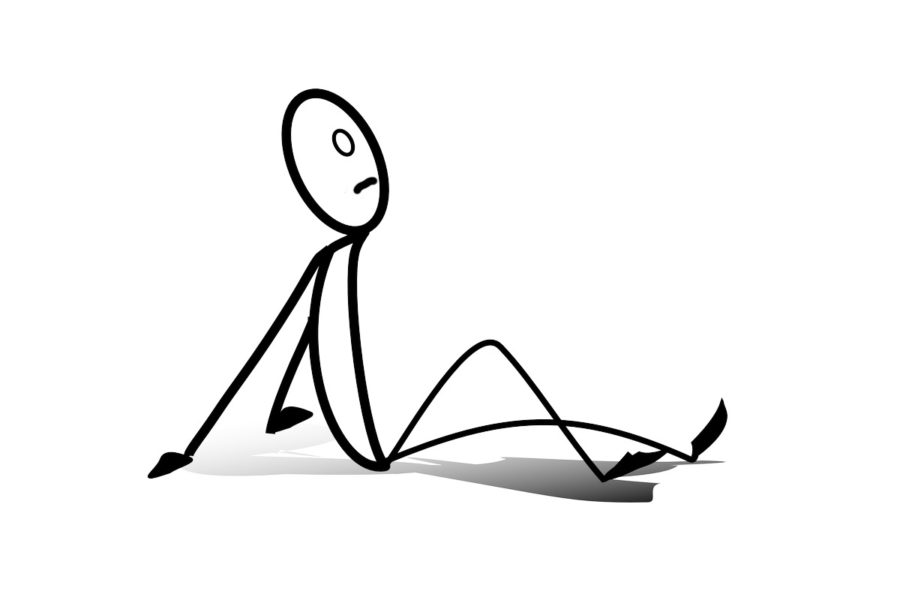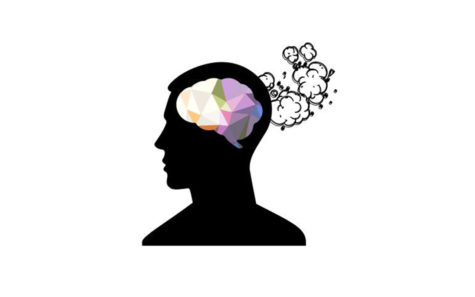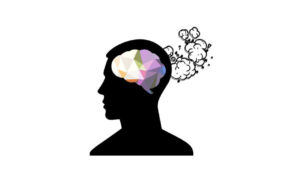Depression: Not Just a Phase
Reporter Nathan Johnson gets to the root causes of adolescent depression.
January 13, 2017
Today, as a society we play depression off as a joke. We don’t see or recognize what can really happen to students who are truly depressed. Depression is not just a ‘phase’, depression is a major mental health condition that is seemingly becoming more and more prevalent among adolescents today.
Depression is caused by many factors, but primarily there are three major factors that contribute to adolescent depression: stress, sleep deprivation, and adolescent development(ages 10-19). There are contributing minor factors like diet and physical activity, however, any of these factors are easily preventable and easily fixable.
Every student is in a different stage of adolescent development causing each student to deal with stressors differently.
As Ms. Hughes, an experienced Peninsula High School counselor, says, “recognizing that everyone deals with stress differently. If you and I were given the same stressors I would maybe crack sooner than you would or I would be able to take these things which are not things you could handle but you could handle things that I couldn’t handle.”
Stress is not something to joke around about. Not only does it increase the chance of depression but it can cause external problems. Some examples include: weight issues, heart disease, digestive problems, and/or skin conditions.
Jeanne Segal, a doctor that has done studies on problems relating to stress, says, “The body’s nervous system often does a poor job of distinguishing between daily stressors and life-threatening events.” (helpguide.org)
The human body, a beautiful instrument, is no finished product. The body has its flaws and in depression’s case the body does not properly distinguish the difference between worrying about a large test and being thrown in a life-or-death situation.
Along with external problems, stress will increase the chance of mental health problems such as depression.
Sleep is another one of the three major factors contributing to adolescent depression. Adolescents today don’t receive the correct amount of sleep. Most teens today receive an average of six hours of sleep a night. For healthy development adolescents are proven to need at least nine hours of sleep a night.
Sleep deprivation is caused by an increase in technology usage, increased homework load, and the early start times of school. Whatever the cause, sleep deprivation is a serious problem.
Research by Dr. Jonathan Pletcher, a researcher who works for the national sleep foundation, Dr. Jonathan Pletcher explains, “…a lack of sleep can increase depression, negative physical health like headaches, poor school performance, school absenteeism and drowsy driving.” (Sleepfoundation.org)
Sleep deprivation and stress, two factors that often work together, create a synergistic effect, causing adolescents to spiral out of control and lose themselves in depression.
The final and often overlooked factor that is a major player in depression is adolescent development. Lots of people understand that adolescents are in a fundamental time of development but they don’t realize this decreases the immunity to mental health problems such as depression.
In the adolescent brain, connections are maturing which causes major fluctuations in the neurological activity in these regions.
Prof. Anita Thapar, a professor who writes and works on studies for the National Center for Biotechnical information (NCBI), writes, “ One circuit connects the amygdala to the hippocampus and ventral expanses of the prefrontal cortex (PFC) and is linked to hypothalamic-pituitary-adrenal (HPA) axis activity. Activity in this circuit consistently seems raised in patients with major depression.” (NCBI.com)
Factors such as sex hormones, genetic factors, development, and stress all play a role in the changing of activity in this connection and many other connection.
The chance of depression is significantly raised in adolescents. Our society needs to shift its view and complete its understanding of depression. This way we can begin to change and build a society based on helping depressed students and not brushing them off like they have a minor issue like a cold.














